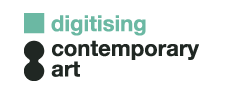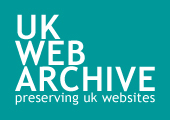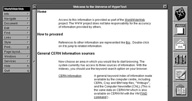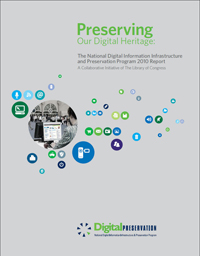Closing this blog
Posted by Marieke Guy on 19th December 2012
Unfortunately I haven’t been able to give this blog the love and attention it deserves due to other work. I’ve decided that it makes sense to officially close the blog. Thanks for reading.
Blog Statistics
I am publishing the following statistics for future reference. They are intended to inform others about the lifecycle of the blog and assist people wishing to reuse resources by identifying the authors of articles etc.
Active Dates: From 27 April 2010 to 19 December 2012
Number of posts: 89 published posts
Number of comments: 61
Akismet statistics: 3,694 spams caught, 16 legitimate comments, and an overall accuracy rate of 99.838%.
Author: Marieke Guy, UKOLN
Details of blog theme:
WP-Andreas09
Details of plugins used:
Delicious widget, Google analytics, Library thing, WPCAS
Details of type and version of software used:
This blog now runs on WordPress Version 3.4.2.
Blog licence:
This blog is licenced under a Creative Commons Licence (Attribution – Non-commercial – Share Alike).
Posted in Project news | Comments Off



 The
The 
